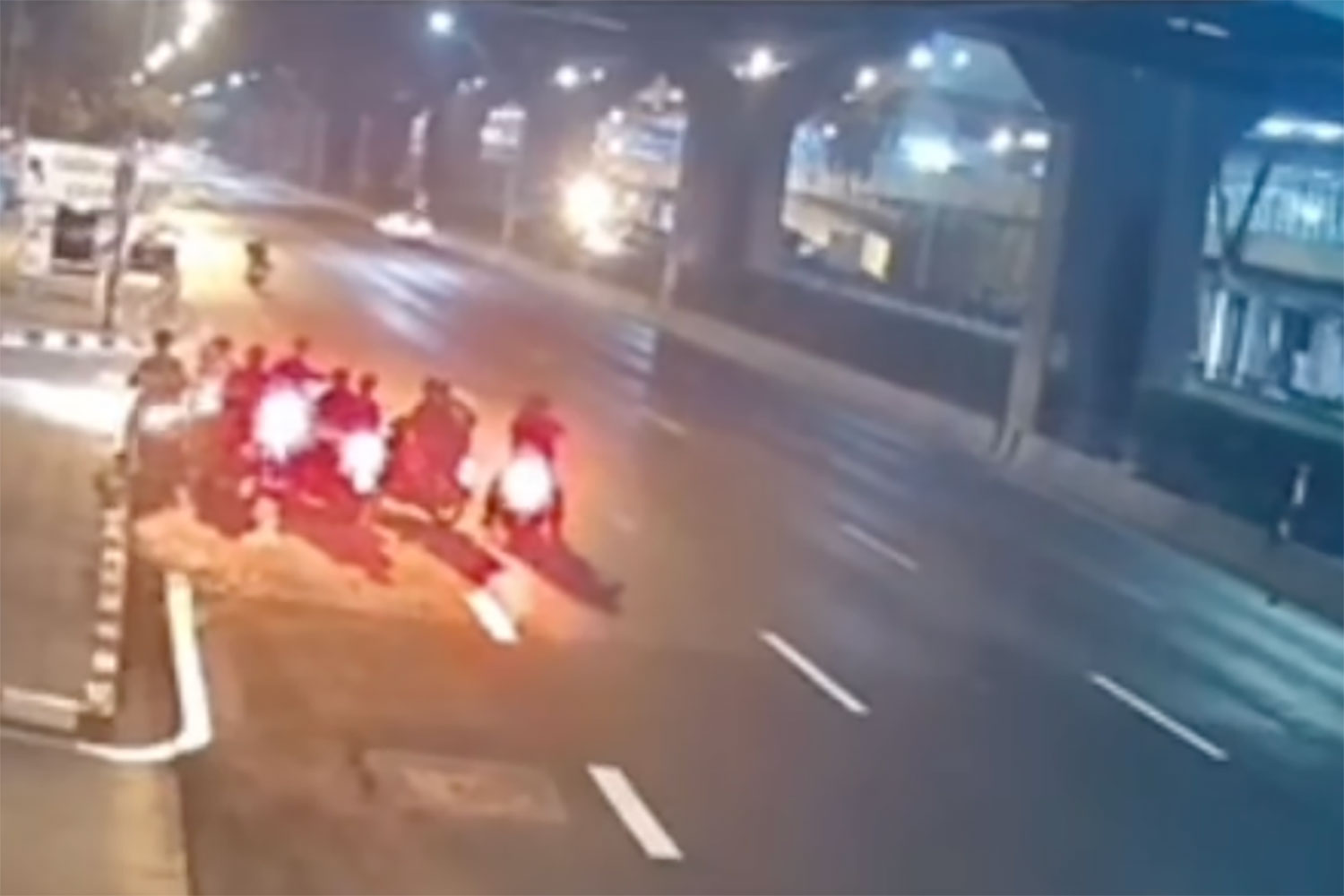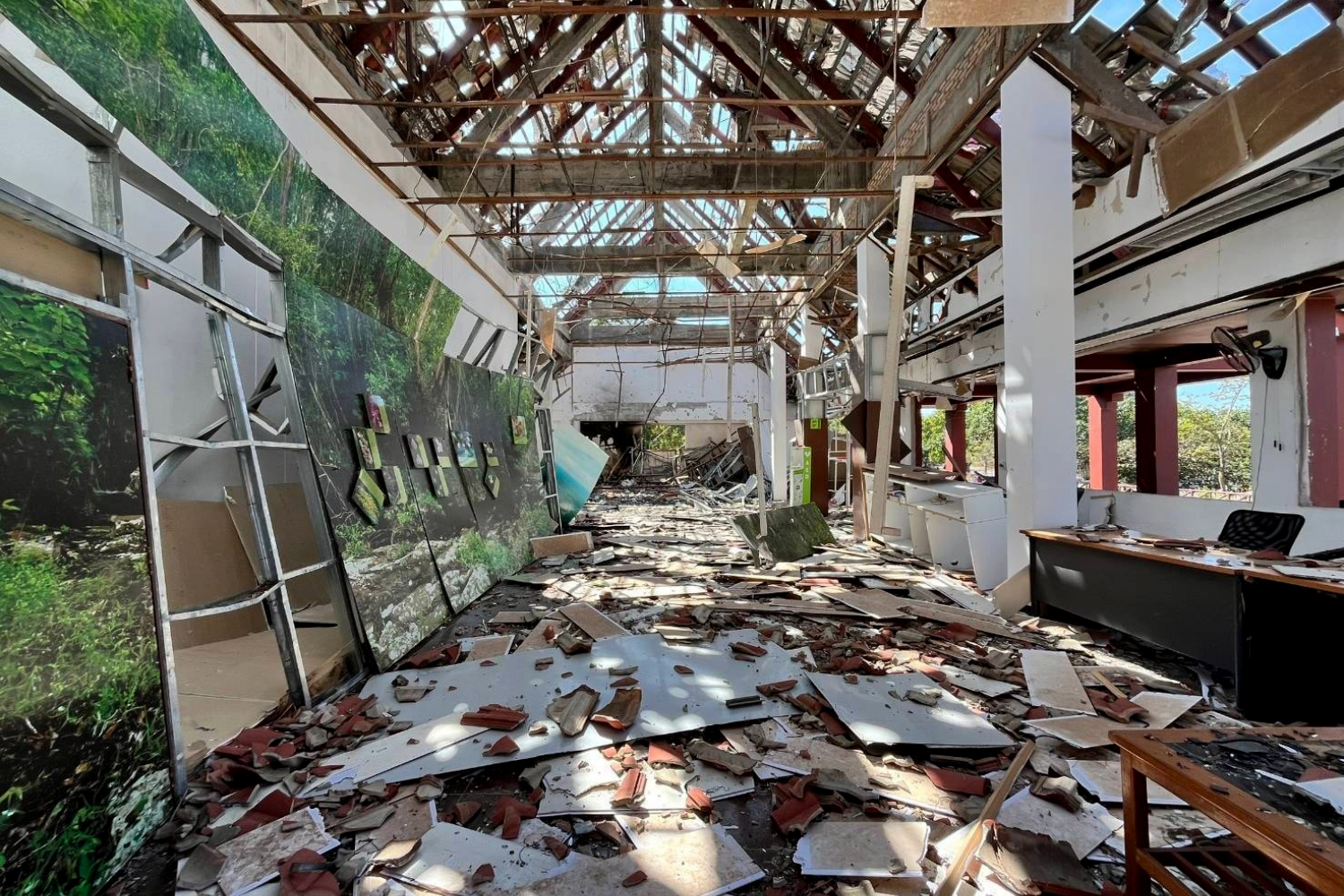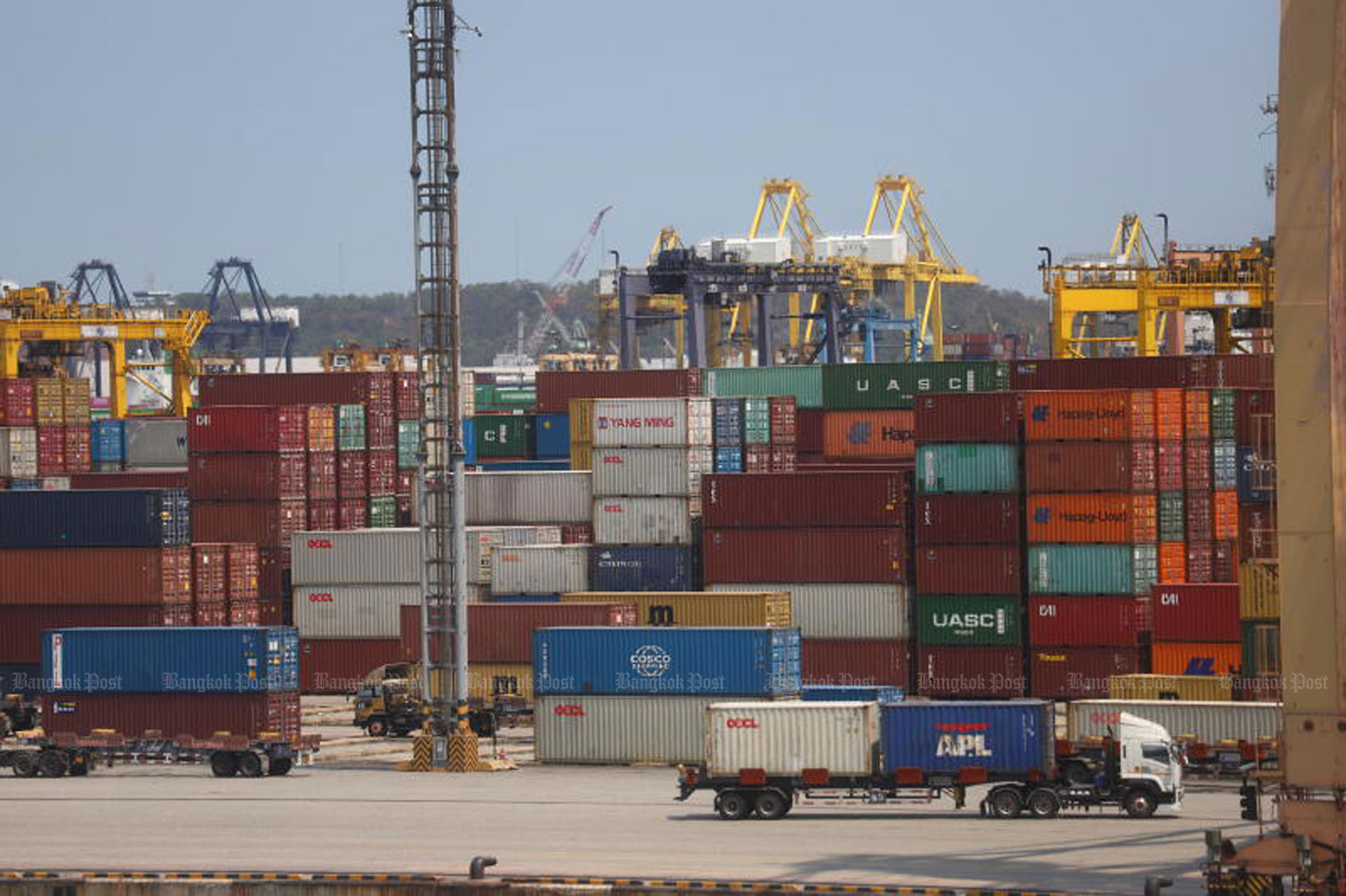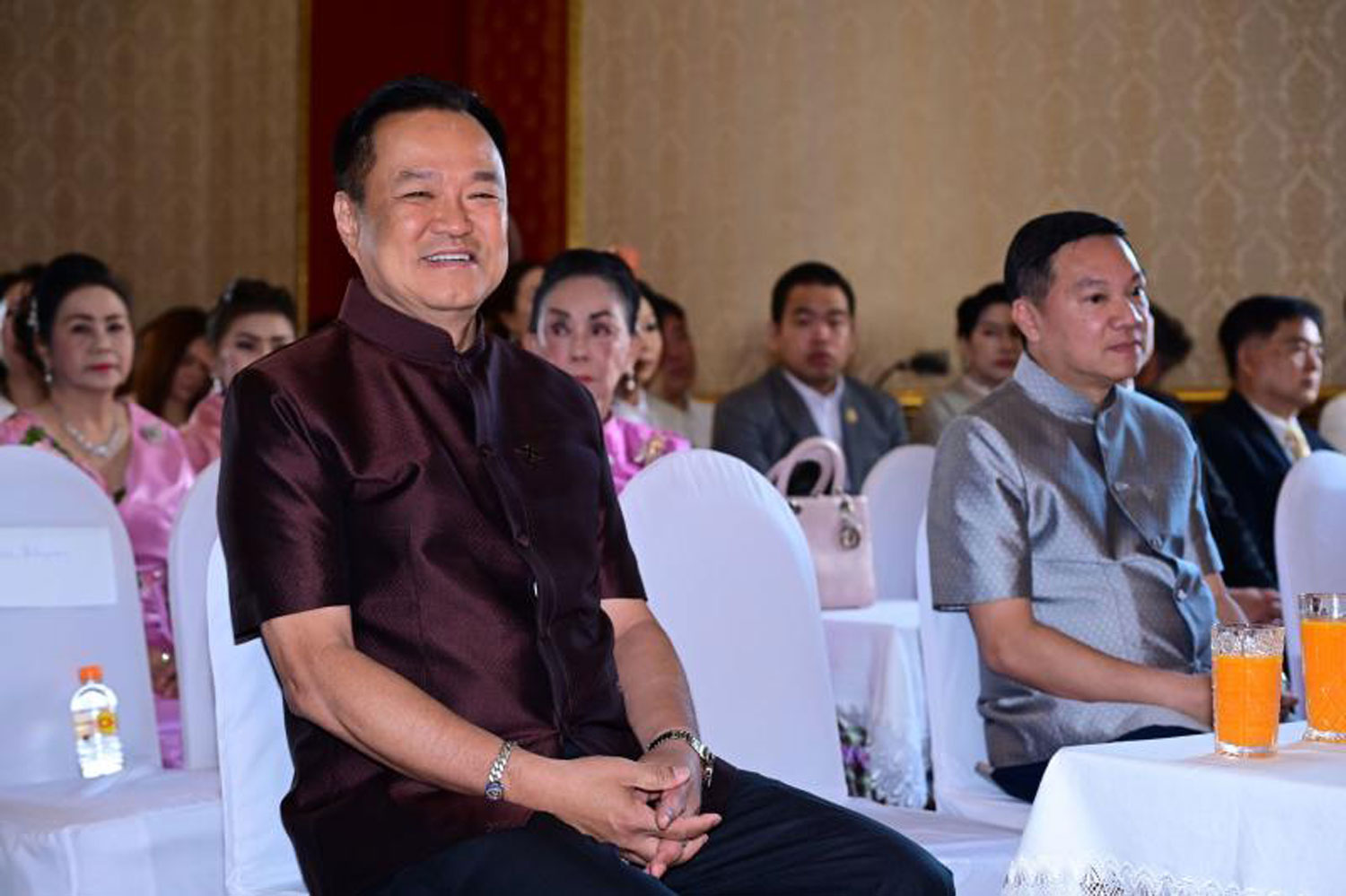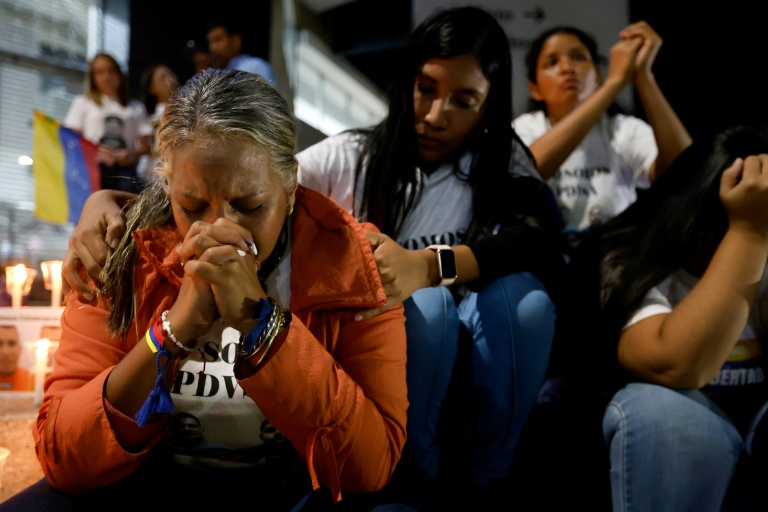Showing 1 - 10 of 10,000
Vibhavadi street racers caught, bikes seized
Online Reporters, Published on 22/02/2026
» Seventeen street racers, 10 of them juveniles, have been arrested for turning Bangkok's Vibhavadi Rangsit road into a late‑night racing strip , with 14 modified motorcycles confiscated.
More people opting for pets over children
News, Published on 22/02/2026
» Bangkok Post and SIRI Campus on Saturday staged the third edition of the Bangkok Post Forum, "Pet in the City – Smarter Living for City Pets", at SIRI Campus, Sukhumvit 77.
Mendez brace gives Prachuap crucial victory
Sports, Tor Chittinand, Published on 22/02/2026
» Edgar Mendez struck twice as PT Prachuap secured a 2-0 victory over Rayong in Thai League 1 on Friday night at Sam Aoh Stadium.
Army denies border gunfire claim
News, Published on 22/02/2026
» The Royal Thai Army has denied Cambodian media reports alleging Thai troops opened fire on Cambodian forces near a border area in Preah Vihear province, injuring one soldier.
Fewer families lead to local pet craze
Mongkol Bangprapa, Published on 21/02/2026
» Bangkok Post and SIRI Campus on Saturday staged the third edition of the Bangkok Post Forum, “Pet in the City – Smarter Living for City Pets”, at SIRI Campus, Sukhumvit 77.
‘Little reprieve’ for Thailand after US tariff ruling
Published on 21/02/2026
» The issue of US tariffs is expected to intensify now that the US Supreme Court has struck down President Donald Trump’s use of an emergency powers law to impose them, Thai exporters and economists say.
Bhumjaithai-led coalition ‘finalised’, minus Klatham
Online Reporters, Published on 21/02/2026
» A coalition government led by the election-winning Bhumjaithai Party has been finalised with a combined 300 House seats — and minus the Klatham Party, according to a source.
Google issues emergency Chrome patch to fix zero-day flaw
Life, Puriward Sinthopnumchai, Published on 21/02/2026
» Google has released an emergency security update for its Chrome browser to address a critical zero-day vulnerability that is already being exploited by hackers.
Thailand finally gets serious about climate action
Business, Yuthana Praiwan, Published on 21/02/2026
» Thailand is preparing to enforce its first climate change law, a landmark step that could reshape the country's economy and environmental policy for decades to come.
Anxious Venezuelans seek clarity on new amnesty law
AFP, Published on 21/02/2026
» CARACAS - Families in Venezuela continued to wait anxiously outside prisons Friday, as questions swirled about a newly passed mass amnesty law pushed through by interim authorities following the US toppling of Nicolas Maduro.




